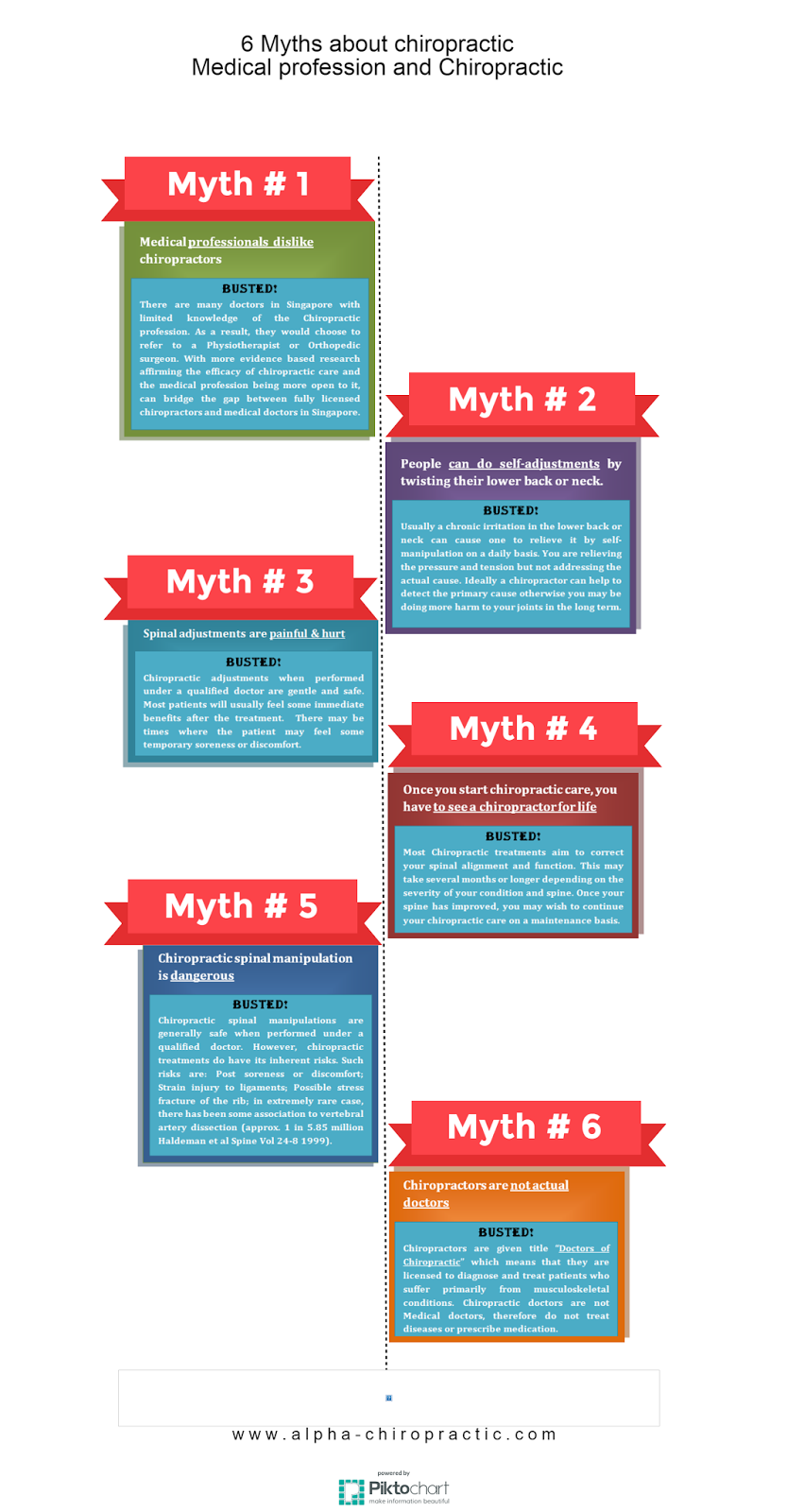Nourishment And Its Relevance In Neck And Back Pain Control: Foods To Support And Foods To Stay Clear Of
Nourishment And Its Relevance In Neck And Back Pain Control: Foods To Support And Foods To Stay Clear Of
Blog Article
Produced By-Singer Wiese
When it comes to managing your neck and back pain, the food options you make can dramatically influence exactly how you really feel on a daily basis. Imagine being able to relieve your pain just by adjusting what you consume. By recognizing the role of nourishment in neck and back pain monitoring and understanding which foods to include or steer clear of, you can take positive actions in the direction of a healthier and much more comfortable way of life. The link in between nutrition and back health and wellness is extra extensive than you might recognize-- let's check out just how certain foods can either soothe or worsen your pain in the back.
Value of Nutrition in Back Pain
Nourishment plays a critical role in managing pain in the back. Your diet regimen can significantly impact swelling degrees and general pain degrees in your back. Eating a balanced diet regimen rich in nutrients like vitamins D and K, calcium, magnesium, and omega-3 fatty acids can help in reducing inflammation and enhance bones, which are vital for back health and wellness.
Furthermore, keeping a healthy and balanced weight via correct nutrition can alleviate stress on your spine, reducing the threat of pain in the back.
Furthermore, particular nutrients like antioxidants discovered in vegetables and fruits can help combat oxidative anxiety and promote recovery in the body, including the back muscle mass and spine.
On the other hand, consuming too much amounts of refined foods, sweet drinks, and undesirable fats can contribute to swelling and weight gain, worsening pain in the back.
Foods to Eat for Back Wellness
To sustain a healthy and balanced back, incorporating nutrient-rich foods right into your everyday dishes is crucial. Including foods high in anti-oxidants like berries, spinach, and kale can help reduce swelling in your back, relieving pain and discomfort. Omega-3 fatty acids located in fatty fish such as salmon and mackerel have anti-inflammatory residential or commercial properties that can profit your back health.
Additionally, taking in nuts and seeds like almonds, walnuts, and chia seeds gives important nutrients like magnesium and vitamin E, which support muscle mass function and decrease oxidative stress. Including relevant resource site as chicken, turkey, and tofu can assist in muscle mass repair work and maintenance, promoting a solid back.
Do not fail to remember to consist of dairy or strengthened plant-based choices for calcium to support bone wellness. Last but not least, moisten with plenty of water to maintain your back discs moisturized and functioning optimally. By consisting of these nutrient-dense foods in your diet regimen, you can nourish your back and support total spine health and wellness.
Foods to Prevent for Pain In The Back
Go with avoiding processed foods high in sugarcoated and trans fats when seeking relief from pain in the back. These sorts of foods can add to inflammation in the body, which may exacerbate pain in the back. Say no to sugary treats sweet, breads, and sweet beverages, in addition to junk food items like burgers, fries, and fried hen that are often packed with trans fats.
Furthermore, steer clear of foods having high degrees of refined carbs, such as white bread, pasta, and breads, as they can increase blood sugar degrees and potentially worsen inflammation in the body.
https://www.wpri.com/who-to-know/wtk-healthcare/who-to-know-malchar-chiropractic-and-wellness-center-sponsored/ 's additionally important to limit your intake of foods high in hydrogenated fats, like red meat and full-fat dairy products, as they can contribute to swelling. Refined foods like delicatessens meats, chips, and packaged treats are frequently high in hydrogenated fats and need to be consumed in small amounts.
Final thought
In conclusion, focusing on your diet and making clever food options can have a considerable influence on managing back pain. By integrating nutrient-rich foods like berries, fatty fish, nuts, and lean proteins, and avoiding processed and sweet things, you can help in reducing swelling and assistance in general back health. Bear in mind, what you consume plays a vital role in just how you really feel, so ensure to prioritize your nourishment for a healthier back.
